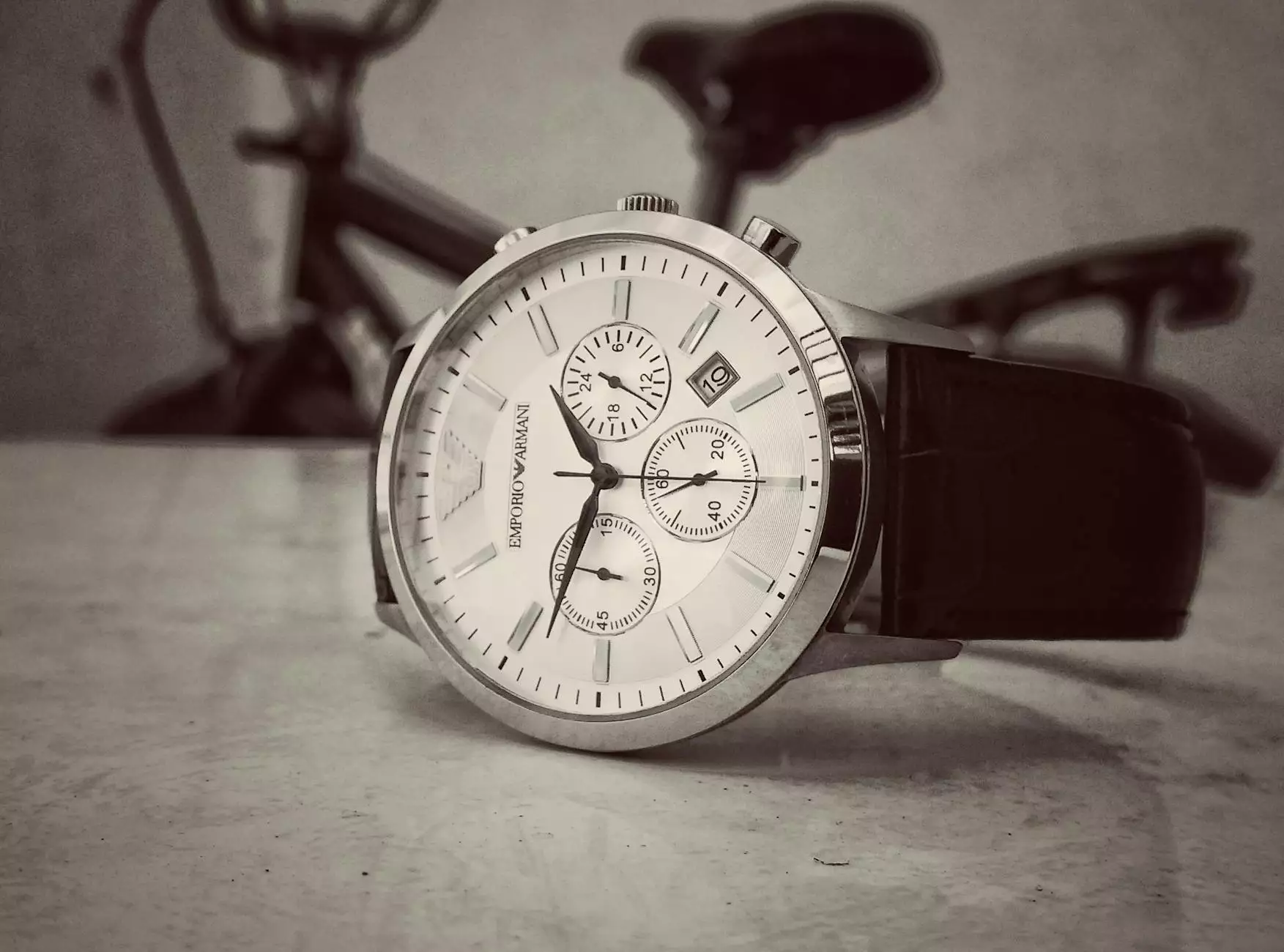Exploring German DIN Fittings - A Comprehensive Guide

German DIN fittings play an indispensable role in the world of engineering and manufacturing. They are crucial for ensuring safety, efficiency, and connectivity in numerous applications across various industries. This article will delve deeply into the significance of these fittings, the standards they adhere to, and how they shape the future of industries worldwide.
What Are German DIN Fittings?
DIN, short for Deutsches Institut für Normung, is a German standards organization that provides guidelines and standards for a wide range of products, including fittings. German DIN fittings conform to a stringent set of specifications designed to ensure compatibility, durability, and safety in industrial applications.
The Importance of DIN Standards
The establishment of DIN standards has significantly influenced global manufacturing and engineering practices. These standards ensure that products are of high quality and reliable, which is particularly critical in sectors such as:
- Construction
- Automotive Engineering
- Mechanical Engineering
- Piping and Plumbing
- Aerospace
Types of German DIN Fittings
German DIN fittings are categorized based on their applications and types. Here are some of the most common ones:
1. DIN 2353 Fittings
These are commonly used in hydraulic applications, featuring a distinctive tube end and a zero clearance design. They provide superior leak protection, making them ideal for high-pressure environments.
2. DIN 3016 Fittings
This category is primarily used for piping systems, offering exceptional strength and rigidity. They are often utilized in chemical processing where durability is crucial.
3. DIN 11851 Fittings
These fittings are widely used in the food and pharmaceutical industries. They adhere to strict hygiene standards and are designed for easy cleaning and maintenance.
Benefits of Using German DIN Fittings
Adopting German DIN fittings in your operations comes with various advantages:
- Quality Assurance: Products conforming to DIN standards guarantee high-quality performance.
- Interchangeability: The standardized dimensions facilitate easy interchangeability, reducing downtime during repairs.
- Durability: Crafted from high-grade materials, DIN fittings are designed to withstand harsh conditions, resulting in lower maintenance costs.
- Compliance: Utilizing these fittings ensures compliance with international regulations, vital for operating in a global market.
How to Choose the Right German DIN Fittings
Selecting the appropriate German DIN fittings for your needs involves careful consideration of several factors:
1. Application Requirements
Assess the specific requirements of your application. Is it a hydraulic, pneumatic, or plumbing system? Understanding the application will dictate the type of fitting needed.
2. Material Selection
The choice of material (stainless steel, brass, plastic, etc.) impacts durability and corrosion resistance. Always choose a material that suits the operational environment.
3. Size and Dimensions
Select fittings based on correct measurements. Compatibility is critical, and dimensions must align with the components they will connect with.
4. Standard Compliance
Ensure that the fittings apply to the relevant DIN standards to guarantee safety and quality. Always check for certification marks.
Best Practices for Maintaining DIN Fittings
To ensure that your German DIN fittings continue to function effectively, follow these best practices:
1. Regular Inspections
Conduct routine checks for wear and tear. Early detection of issues can prevent costly repairs and ensure safety.
2. Proper Installation
Incorrect installations can lead to leaks and failures. Always follow manufacturer guidelines and use proper tools during installation.
3. Cleaning and Maintenance
Maintain cleanliness around fittings, especially in sensitive environments such as food processing. Regular cleaning can prolong the lifespan of the fittings.
Conclusion
In the vast realm of engineering and manufacturing, German DIN fittings stand out as essential components that ensure the integrity of various systems. Their rigorous standards improve safety and quality, reinforcing their vital role across multiple industries. By understanding their applications, benefits, and maintenance practices, businesses can greatly enhance their operational efficiency and ensure long-term success.
Where to Buy German DIN Fittings
If you're looking for premium fittings for sale, consider exploring fitsch.cn. Their extensive selection of high-quality DIN fittings is tailored for various industrial applications, ensuring you find exactly what you need to keep your operations running smoothly.
FAQs About German DIN Fittings
- What is the main advantage of using DIN fittings? The primary advantage is standardization, which ensures compatibility and interchangeability between different manufacturers' products.
- Are DIN fittings suitable for high-pressure applications? Yes, certain types of DIN fittings, like DIN 2353, are specifically designed to handle high-pressure environments.
- How do I ensure that my DIN fittings meet safety standards? Always purchase from reputable suppliers and check for certification marks that confirm they meet the necessary DIN standards.









